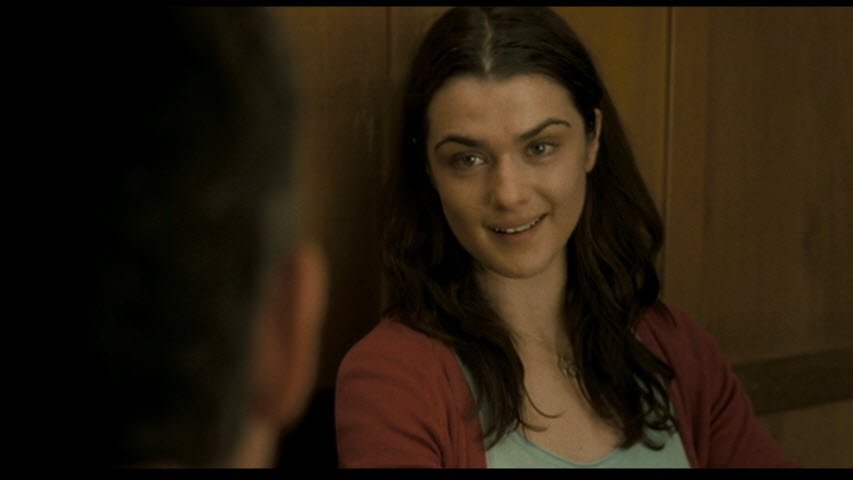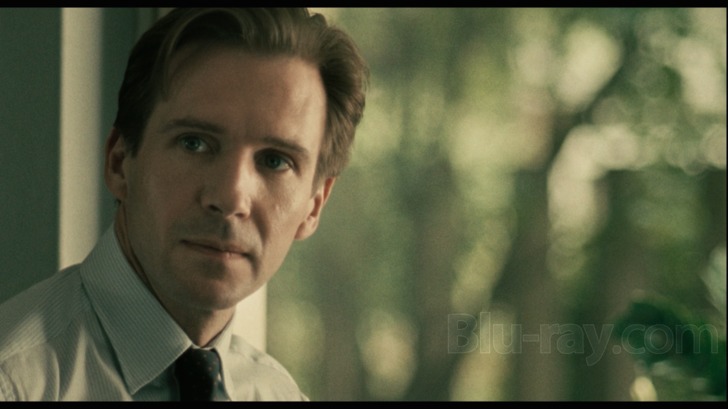The Constant Gardener (2005)

The Constant Gardener (2005), directed by Fernando Meirelles and based on the novel by John le Carré, is a gripping political thriller and romantic drama that explores the dark side of corporate greed, corruption, and international intrigue. The film stars Ralph Fiennes as Justin Quayle, a mild-mannered British diplomat stationed in Kenya, whose life is upended by the brutal murder of his wife, Tessa (Rachel Weisz). As he embarks on a journey to uncover the truth behind her death, Justin unravels a conspiracy that reaches the highest levels of power, transforming him from a passive observer into a determined seeker of justice.
The film opens with the shocking news of Tessa’s murder. She was a passionate and outspoken activist investigating the unethical practices of a major pharmaceutical company operating in Kenya. Her work was highly controversial, and her determination to expose corporate malfeasance led her into dangerous territory. Stricken by grief and driven by a desire to understand what happened, Justin begins retracing Tessa’s steps, slowly realizing the magnitude of what she had uncovered.
Ralph Fiennes delivers a nuanced and deeply compelling performance as Justin Quayle. Initially portrayed as a reserved diplomat more interested in gardening than political machinations, Justin’s transformation into a relentless investigator is both believable and emotionally powerful. Fiennes captures the character’s journey from grief and disbelief to determination and courage, illustrating how personal loss can spark a commitment to justice. His performance grounds the film’s complex narrative, making Justin’s quest as much about seeking redemption and closure as it is about uncovering the truth.
Rachel Weisz’s portrayal of Tessa earned her an Academy Award for Best Supporting Actress. In flashbacks and through Justin’s memories, we see Tessa as a passionate, fearless, and deeply compassionate woman who refused to stay silent in the face of injustice. Weisz imbues Tessa with a fiery intensity that makes her both inspiring and relatable. Her relationship with Justin is central to the film, depicted with warmth and complexity. The love between them provides the emotional core of the story, heightening the stakes of Justin’s investigation.
As Justin delves deeper, he discovers that Tessa was on the trail of a conspiracy involving a powerful pharmaceutical corporation testing a new tuberculosis drug on unsuspecting Kenyan villagers. The drug has severe, often lethal side effects, and the company is willing to go to any lengths to cover up the evidence and protect their profits. Justin’s pursuit of the truth takes him across continents, facing threats from corporate enforcers, corrupt officials, and even former colleagues who warn him to stop digging.
The film’s depiction of Kenya is both striking and integral to its message. Cinematographer César Charlone captures the beauty and vibrancy of the country’s landscapes, while also highlighting the poverty and exploitation faced by its people. The Constant Gardener does not shy away from addressing the ethical dilemmas and moral corruption that arise when powerful entities exploit vulnerable populations for profit. This social and political critique adds depth to the story, making it more than just a thriller—it becomes a commentary on the consequences of unchecked corporate power and the complicity of those who enable it.
Director Fernando Meirelles, known for his work on City of God, brings a visceral and immersive style to the film. The use of handheld cameras, quick cuts, and a documentary-like approach creates a sense of immediacy and urgency. This technique places viewers directly into Justin’s journey, making his discoveries and the dangers he faces feel all the more real. The tension builds steadily throughout the film, culminating in moments of shocking violence and moral reckoning.
Despite the darkness at the heart of its story, The Constant Gardener also offers glimpses of hope and resilience. Justin’s transformation into an advocate for the truth and his determination to honor Tessa’s legacy reflect the power of individual action against systemic injustice. The film challenges viewers to confront uncomfortable realities and consider the ethical responsibilities of corporations, governments, and individuals alike.
In conclusion, The Constant Gardener is a powerful and thought-provoking film that combines the elements of a tense political thriller with a deeply emotional love story. Ralph Fiennes and Rachel Weisz deliver exceptional performances, bringing authenticity and depth to their characters. The film’s exploration of corporate corruption, human rights abuses, and personal courage makes it as relevant today as when it was released. Through its compelling narrative and strong social message, The Constant Gardener leaves a lasting impact, reminding audiences of the profound consequences of seeking—and speaking—the truth.











